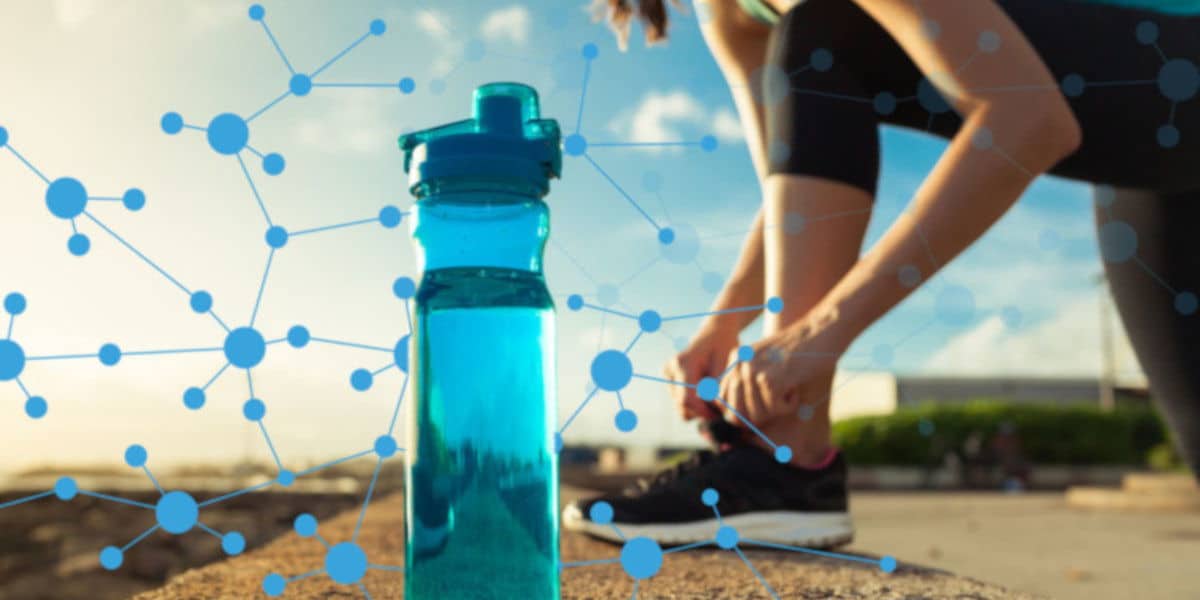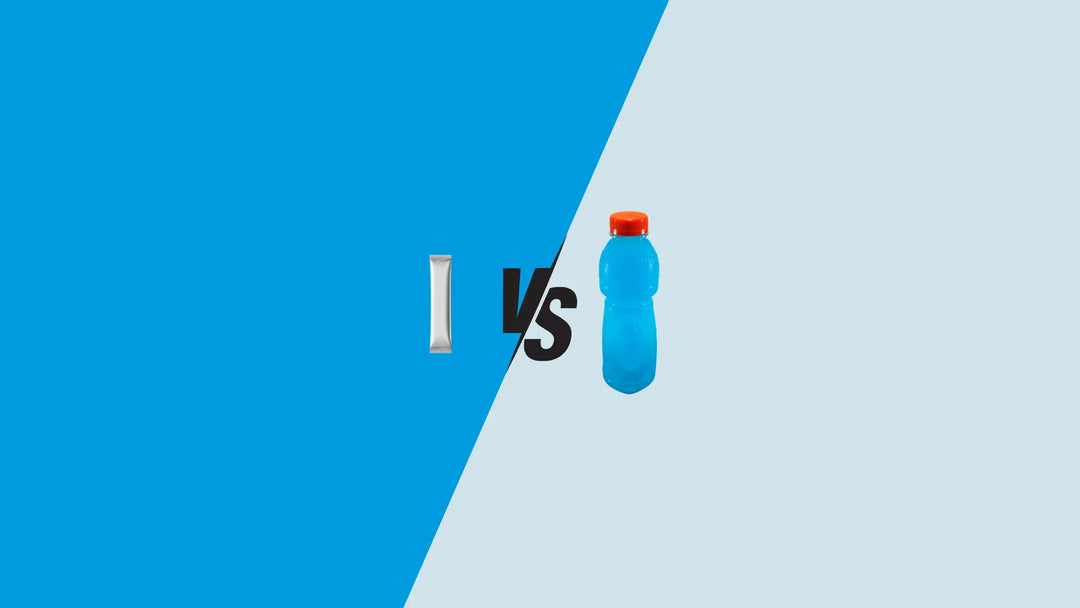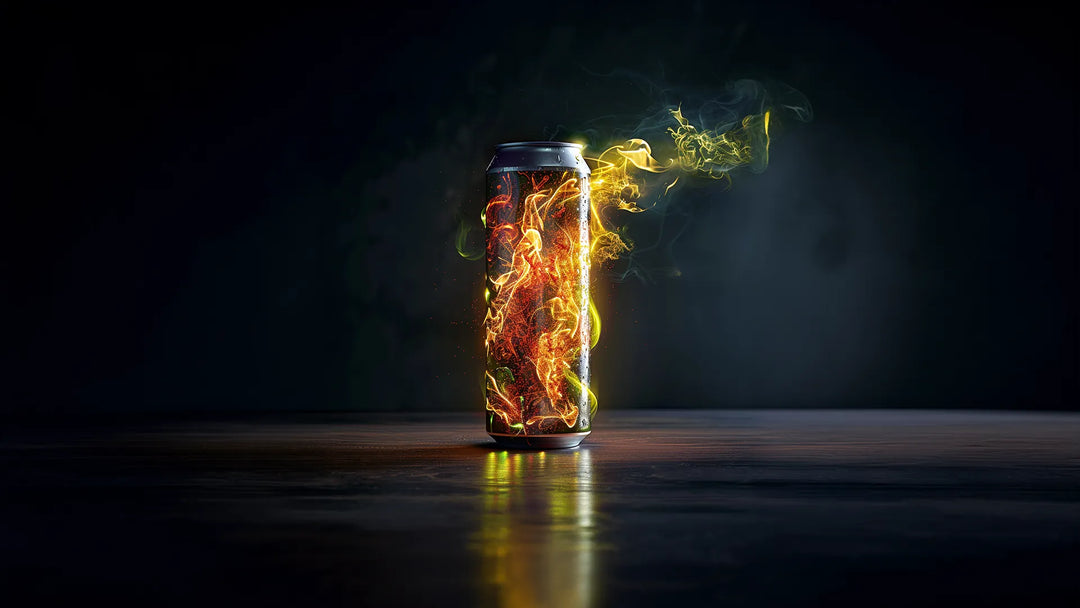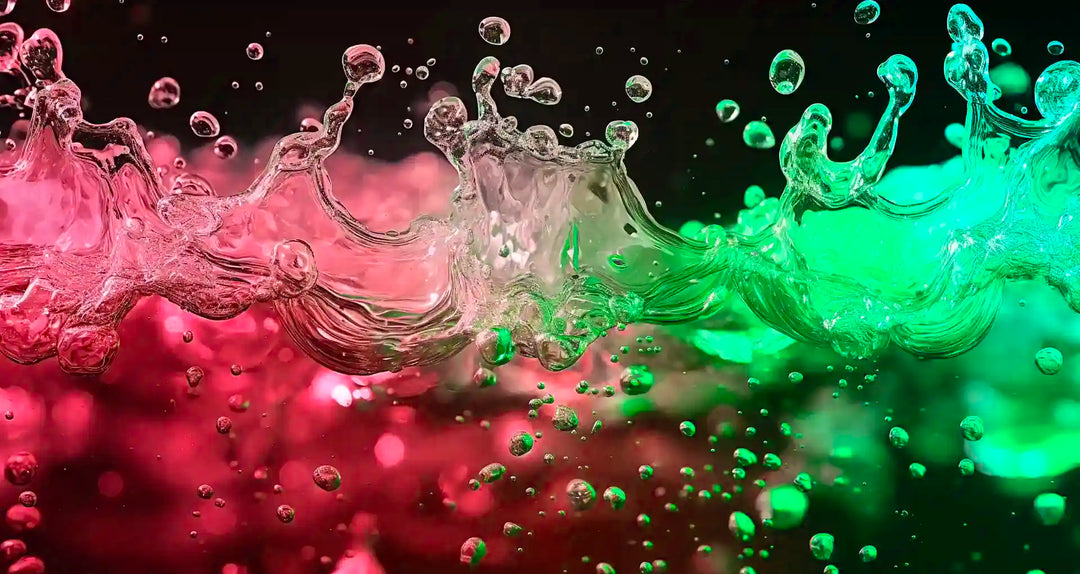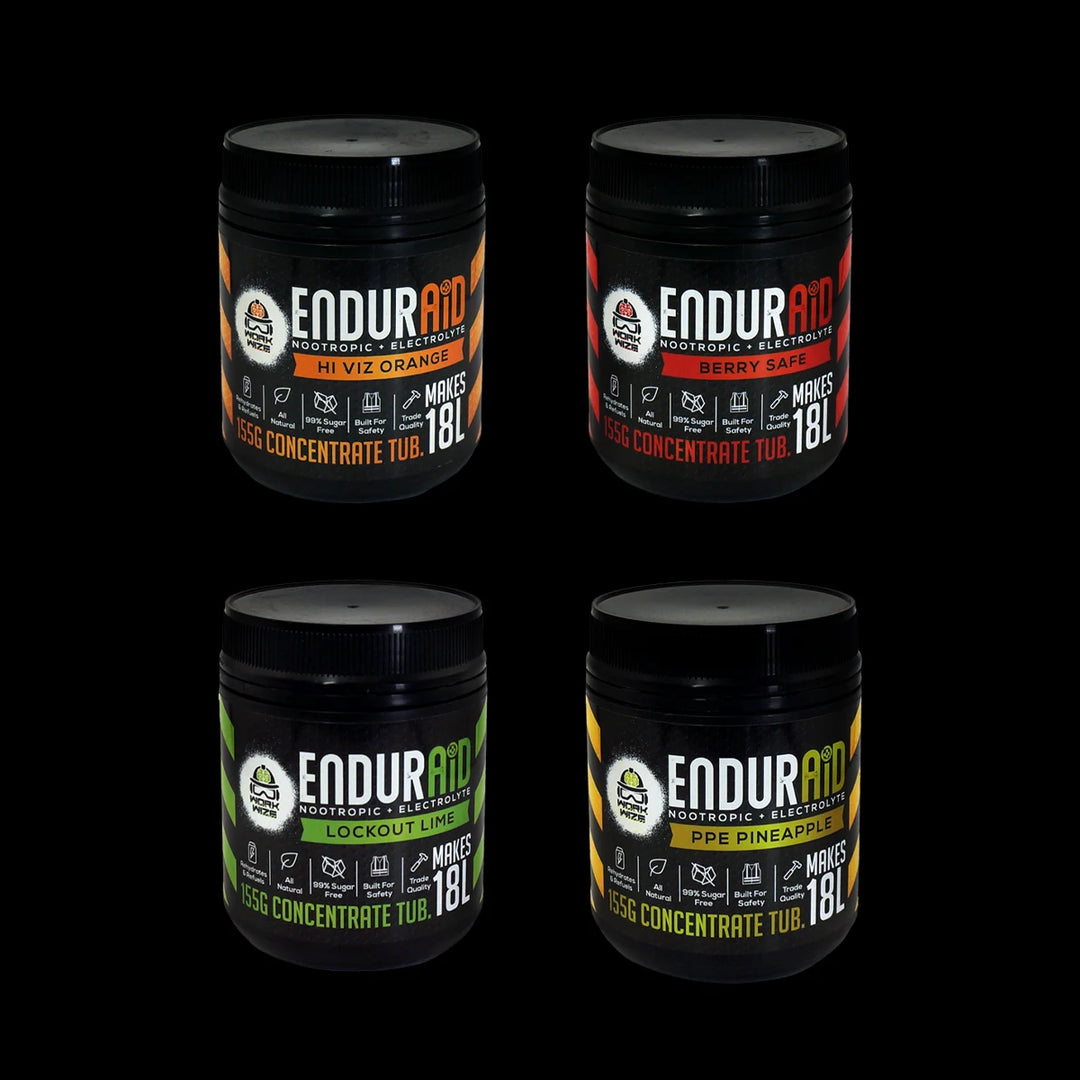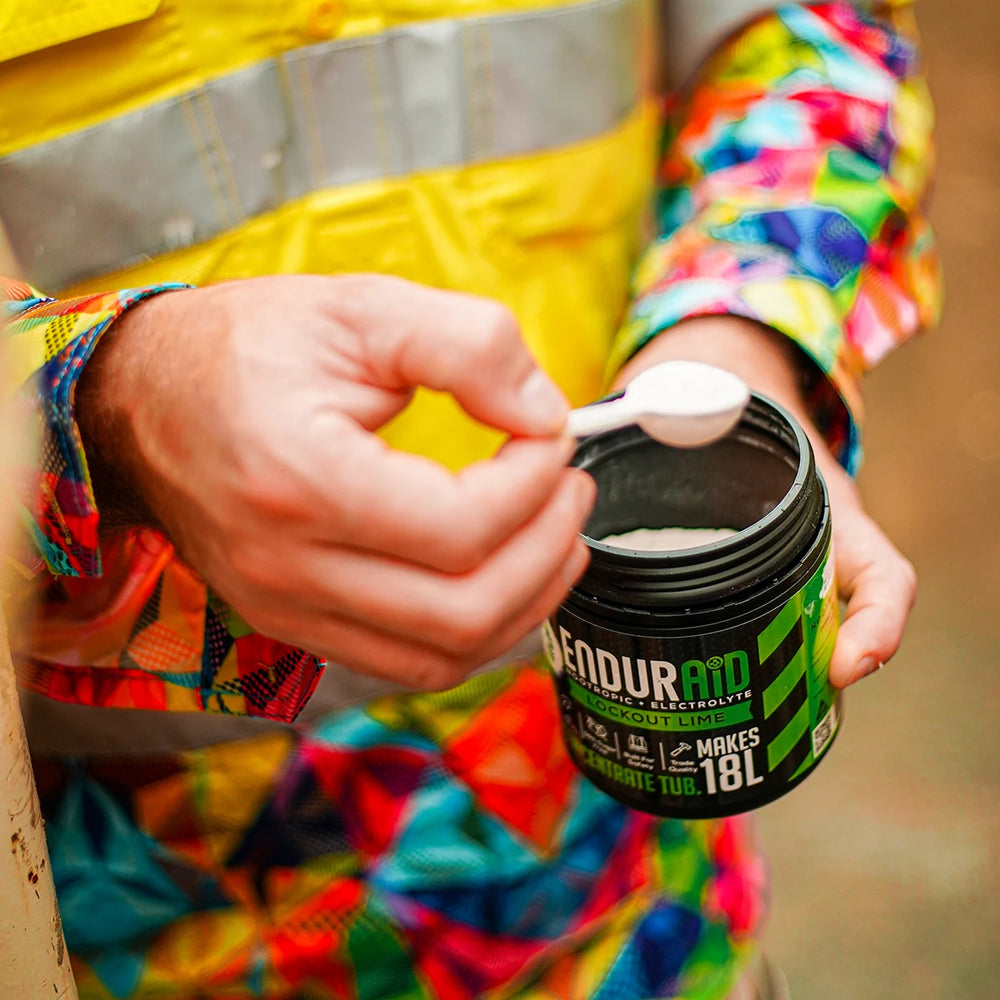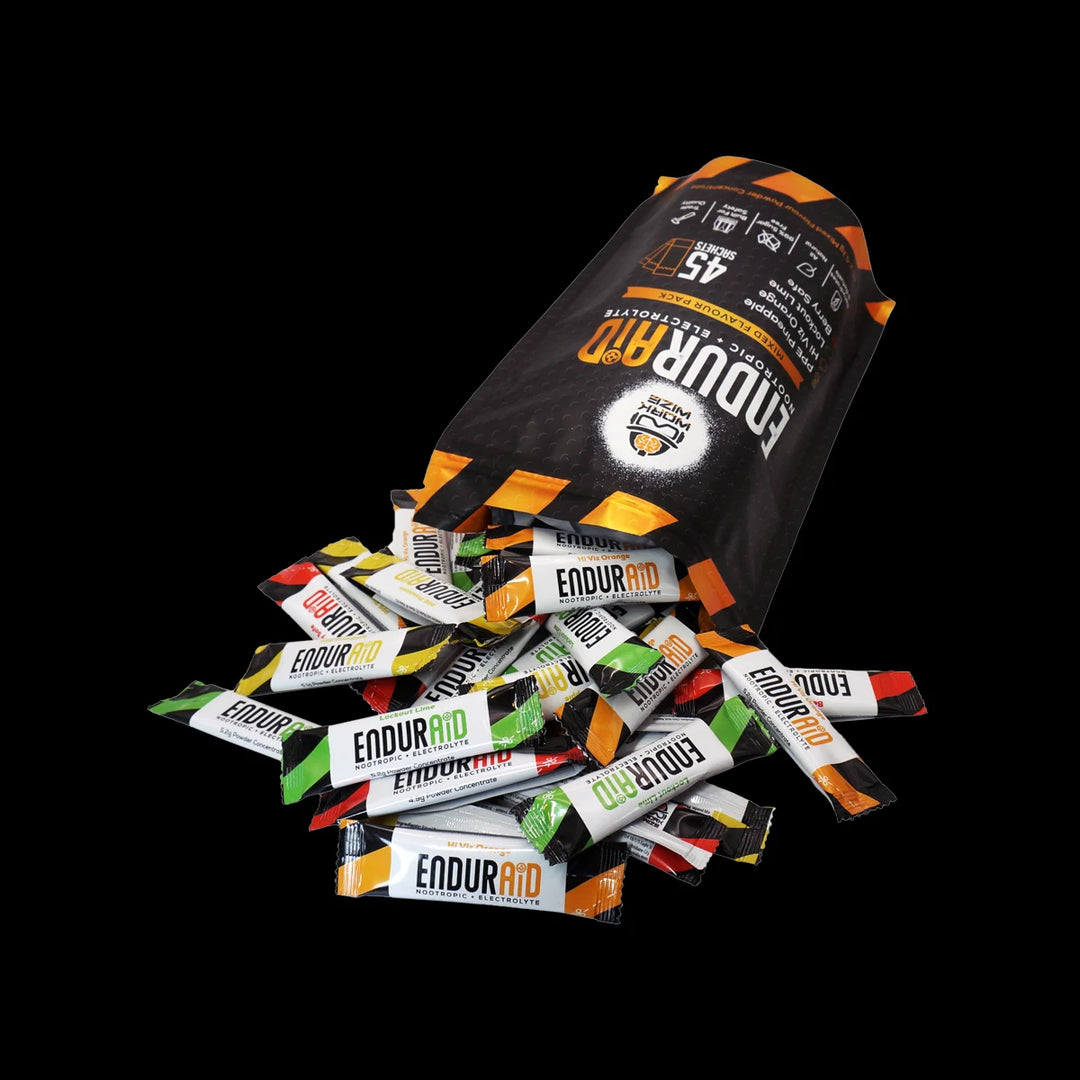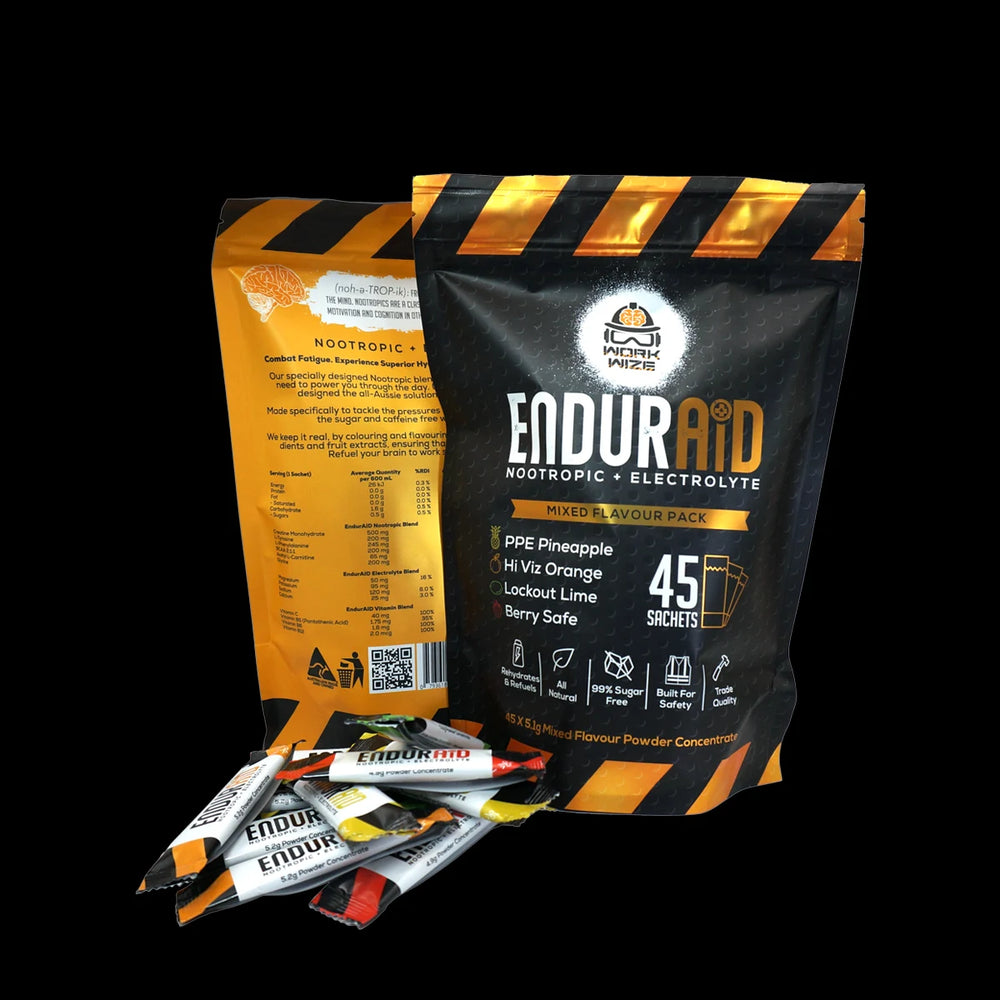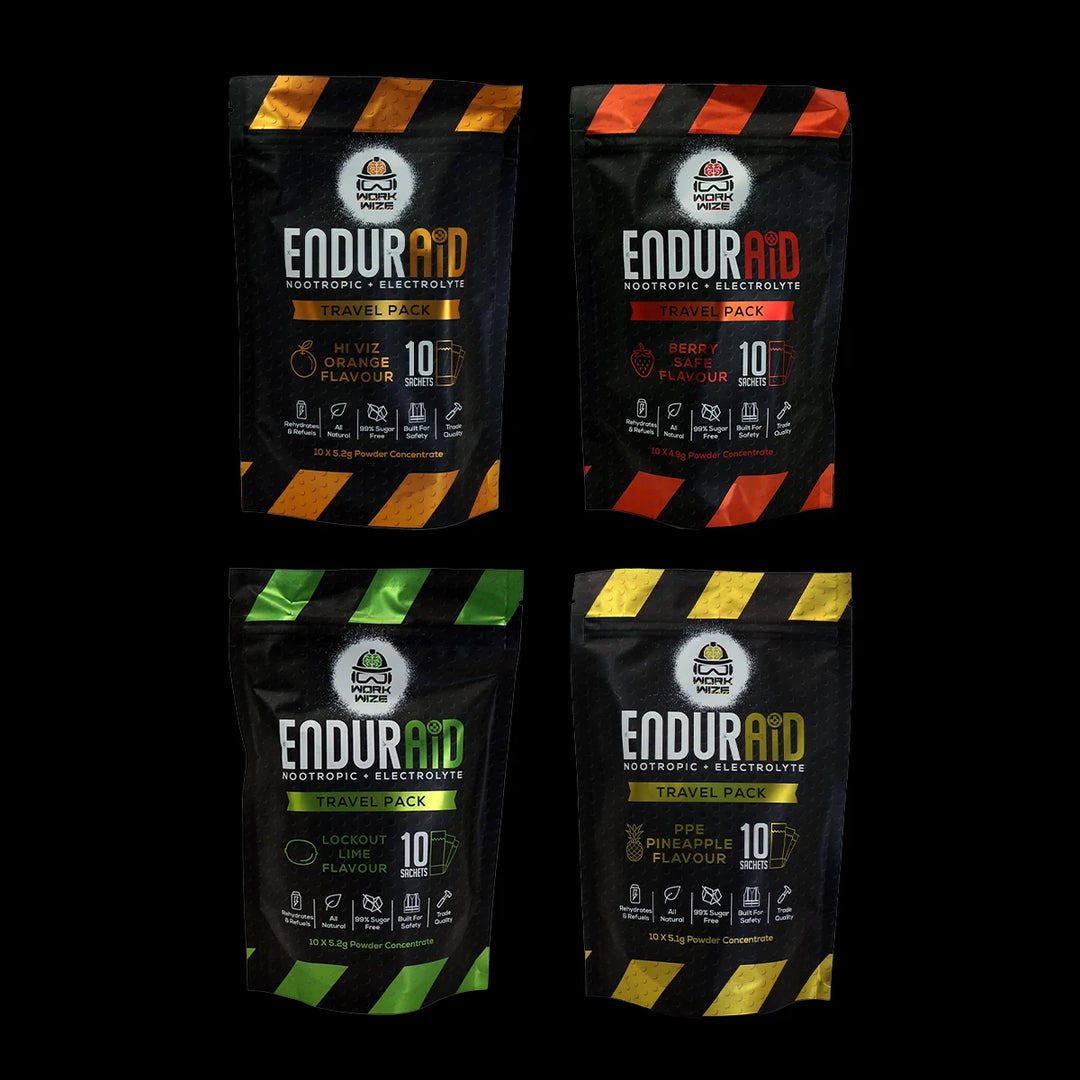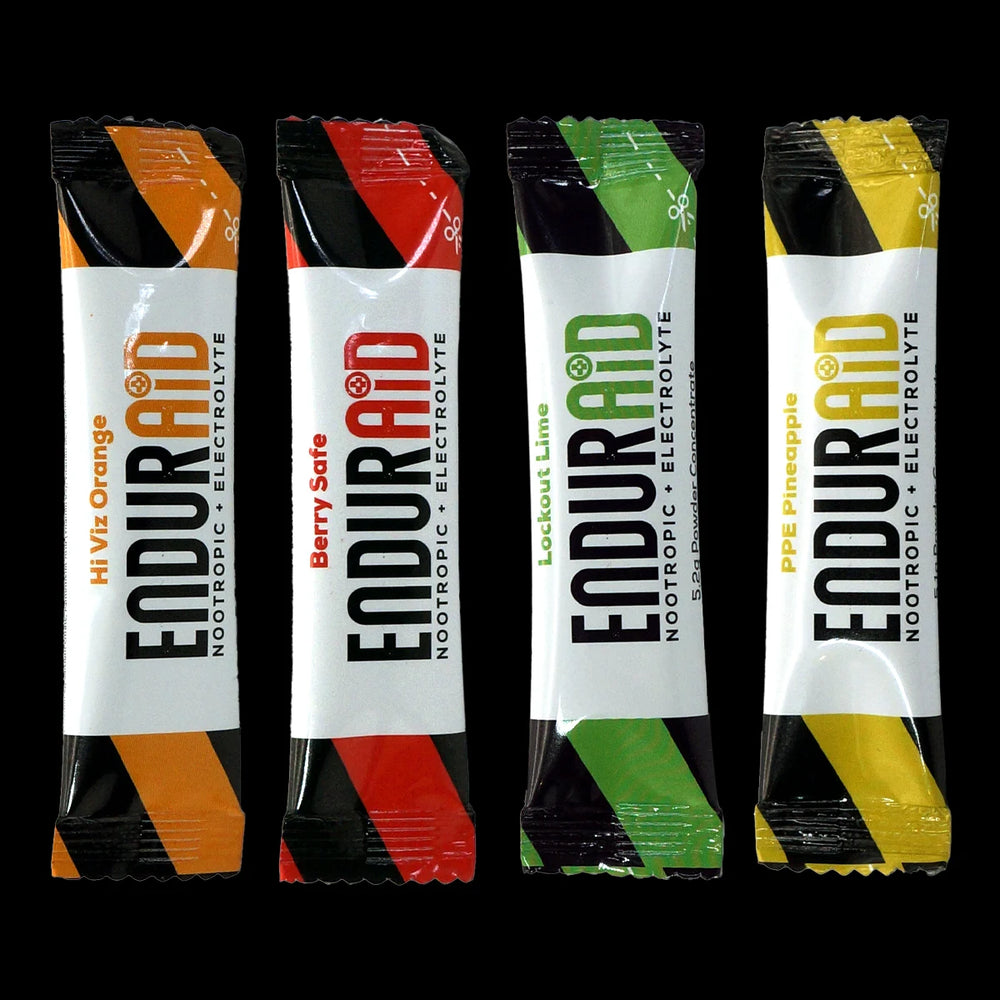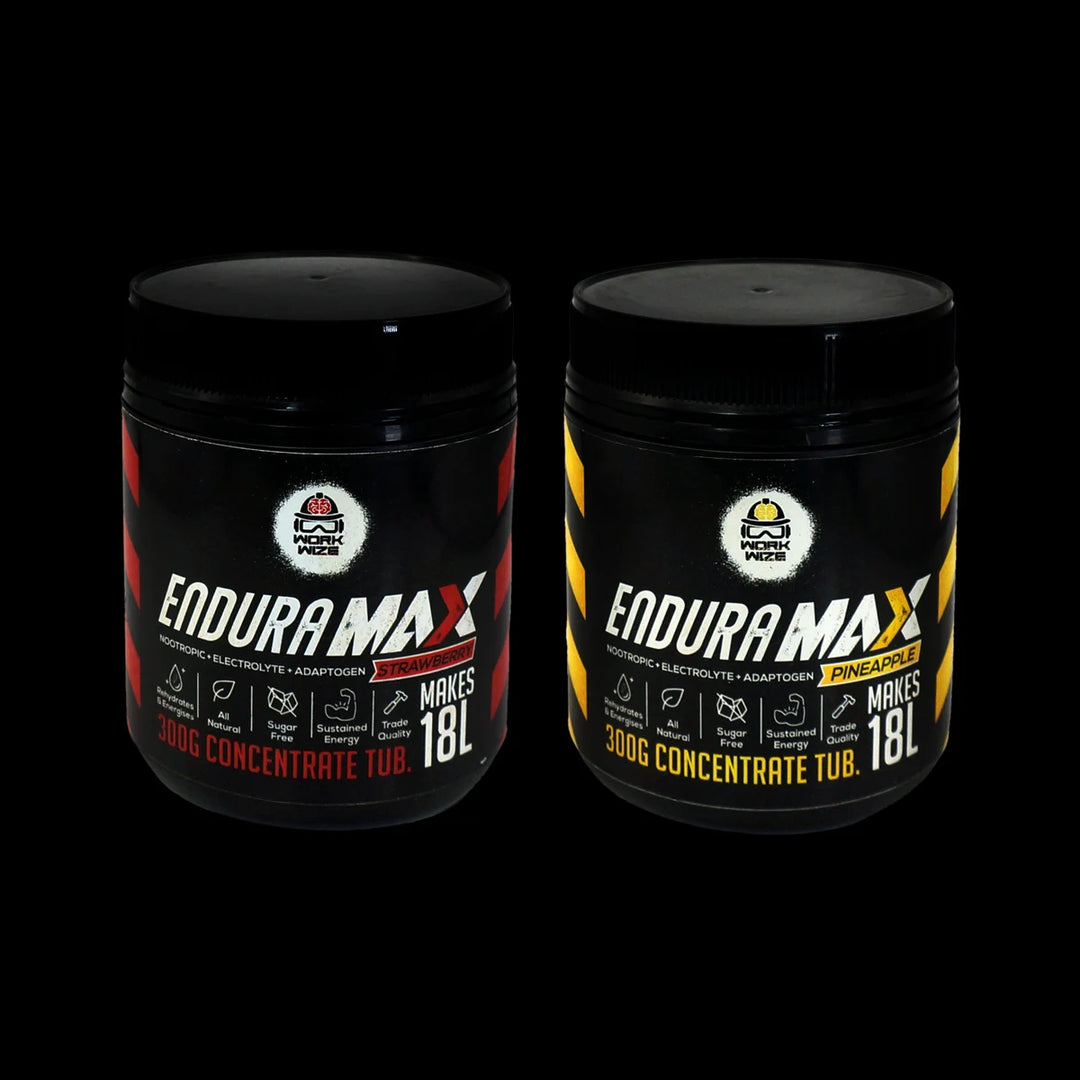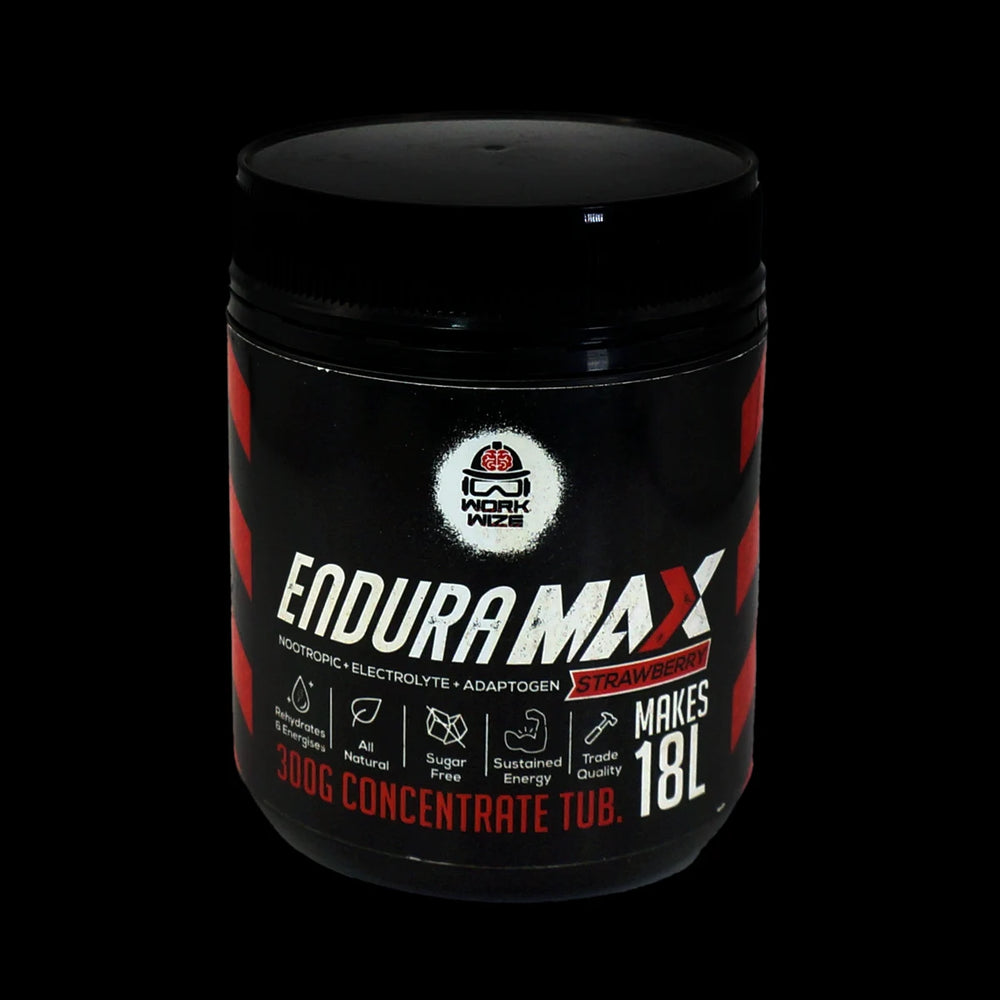Electrolyte drinks are very common products these days and are increasingly being adopted onsite to promote hydration for those engaged in hard physical labour. Hydration is the key to avoiding heat stress when working in hot conditions, and many sites are adopting this as part of their safety policy. Most people are aware that electrolyte drinks are more beneficial than just water in terms of promoting hydration, but did you know that protein and amino acids can promote hydration as well? This article discusses how amino acids are absorbed in the human gut and how the addition of amino acids to beverages can enhance hydration.
WHAT EXACTLY ARE AMINO ACIDS?
Amino acids are the basis of all life processes and the backbone of complex proteins. These elements help to build and support the cellular functions of transportation, absorption and storage of fluids, electrolytes and nutrients all of which are essential for human survival. Amino acids are obtained from complex proteins from the foods we eat and drink. They are broken down in the gut into peptides and amino acids and then absorbed into the blood. After absorption the body uses amino acids in a multitude of functions and builds them back into proteins to be used when and where needed in the body. Find out more about Amino Acids in our article Amino Acids 101.

HOW DOES THE GUT WORK?
The gut, in particular the small intestine, is the primary absorption organ for amino acids that come from diet and is the first point of entry to the bloodstream. The gut acts as an interface and a regulating element between the lumen and the rest of the body, controlling the degree and rate of the transportation of the amino acids that are consumed. After absorption, these elements reach the systemic blood circulation through the mesenteric veins, the portal vein system, and the liver. However, not all amino acids enter systemic circulation, some of these are used locally in some metabolic processes that include oxidation, protein synthesis, immunity, etc.
HOW DO AMINO ACIDS HELP?
Physiologically speaking, amino acids are transported and absorbed through the gut wall by an active transport process mediated by specialized proteins and by tissue accumulation. As with many other nutritional elements, several studies show that active amino acid transportation depends on sodium-dependent symporters (special transport membranes), the proton motive force and the transport of other amino acids.
Elements like amino acids, which have significant molecular weights and potent electrical charges (amino acids usually have negative electrical charges) can drag other elements that have lighter molecular weights such as water molecules. In this way, the passing of these amino acids through the gut wall is accompanied by water, electrolytes, and other smaller elements.
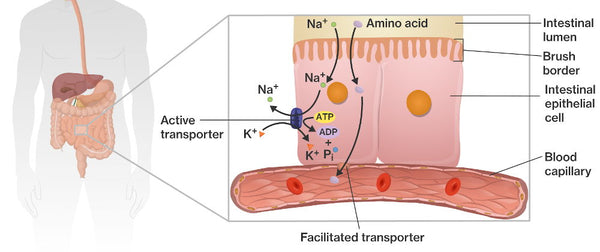
Several studies have demonstrated the ability of amino acids to stimulate water and sodium absorption in the gut. Hellier et al demonstrated this by administering different concentrations of glycine, alanine, and arginine to a group of subjects, who were young adult male volunteers. Amino acids absorption rates were measured over a 30 cm length of upper jejunum using a modified double-lumen tube incorporating a proximal occlusive balloon. A solution containing water, salt and amino acids was secreted from the balloon into the gut and the absorption (or lack of) was measured. The baseline control case is a saline solution with no amino acid added.
The control case (with no amino acid added) shows no absorption of water from the gut at all. However, when either glycine or alanine were added the absorption of both salt and water increased significantly. Figure 1 shows a plot of the absorption rates of the solution with differing levels of amino acids and the saline solution control case. The significant difference in absorption rate is evident from the plot.
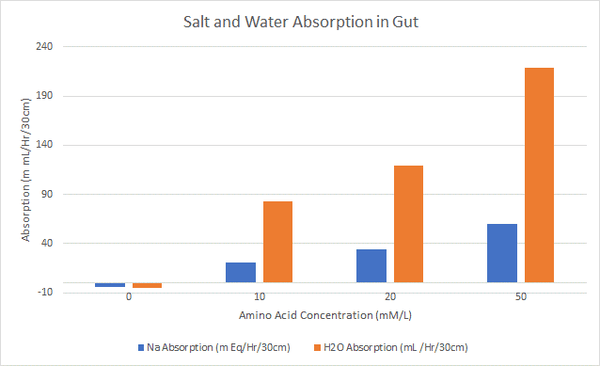
SUMMARY
References
Ito, Kentaro, Makoto Yamaguchi, y Teruyuki Noma. 2016. "Whey protein hydrolysates enhance water absorption in the perfused small intestine of anesthetized rats." Bioscience, Biotechnology and Biochemistry.
Seifert,, John, Joseph Harmon,, y Patty DeClercq. 2006. "Protein Added to a Sports Drink Improves Fluid Retention." International Journal of Sport Nutrition and Exercise Metabolism 16: 420-429.



